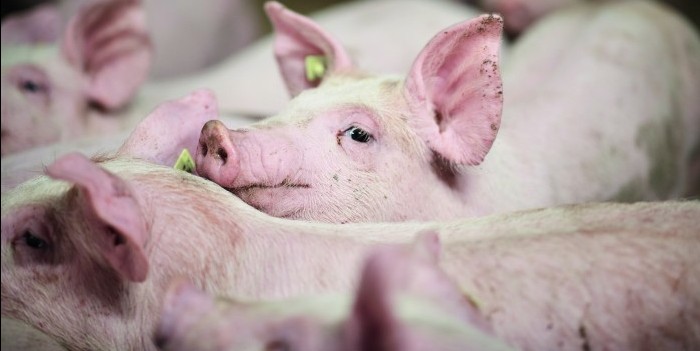A new report from the independent think tank, ResPublica, has exposed the lack of animal welfare protection in the UK’s trade deals with Australia and New Zealand.
The report notes that there are no enforceable safeguards in either trade agreements that can prevent meat produced to lower standards from flooding the UK market. Instead, the agreements set out blurry and evasive commitments to ‘provide a forum for ongoing cooperation’ on welfare standards.
The major concern with this being that it undermines the efforts of UK farmers and food producers in their endeavours to improve animal welfare-food production standards. Plus, British farmers will risk being undercut by the inpouring of lower standard meat into the British market; while these agreements are paving the way for lower precedents to be set for any future deals.
In light of this, ResPublic have put forward the following recommendations:
- Trade liberalisation, in the form of tariff and quota reductions, should be linked to meeting environmental and animal welfare standards in production.
- The UK should seek to control imports, on the basis of how it has been produced.
- The UK should adopt a core set of agri-food industry standards that apply to any future trade deals and import policies.
- Free trade agreements (FTA) must contain strong and specific wording that commits all parties to cooperate on welfare standards and future welfare standards research; recognise and maintain food safety standards in whichever country these are strongest; and have the freedom to introduce home and imported produce labels.
- The UK should work towards the harmonisation of animal welfare and environmental standards within trade agreements.
- The UK should seek all possible opportunities to show leadership in international forums, including the Organisation for Animal Health (OIE), International Plant Protection Convention (IPPC) and Codex Alimentarius, for food safety standards, to drive global agreement and recognition of high standards in food safety, animal welfare and environmental protection.
- The UK should promote agreement at the World Trade Organisation (WTO) that Article XXa of the General Exceptions covers animal welfare, using the language in both Australia and New Zealand FTAs which encourages cooperation in the WTO and allows the use of Article XXa in trade policy decisions.
- The UK government should mirror the approach it has already taken with the EU through the Trade and Cooperation Agreement: zero-tariff, zero-quota trade on conditional basis. With the ability to suspend trade in instances where significant regulatory differences exist.
- FTA’s should have the appropriate provision to create forums which can facilitate the checking of importer countries production standards.




